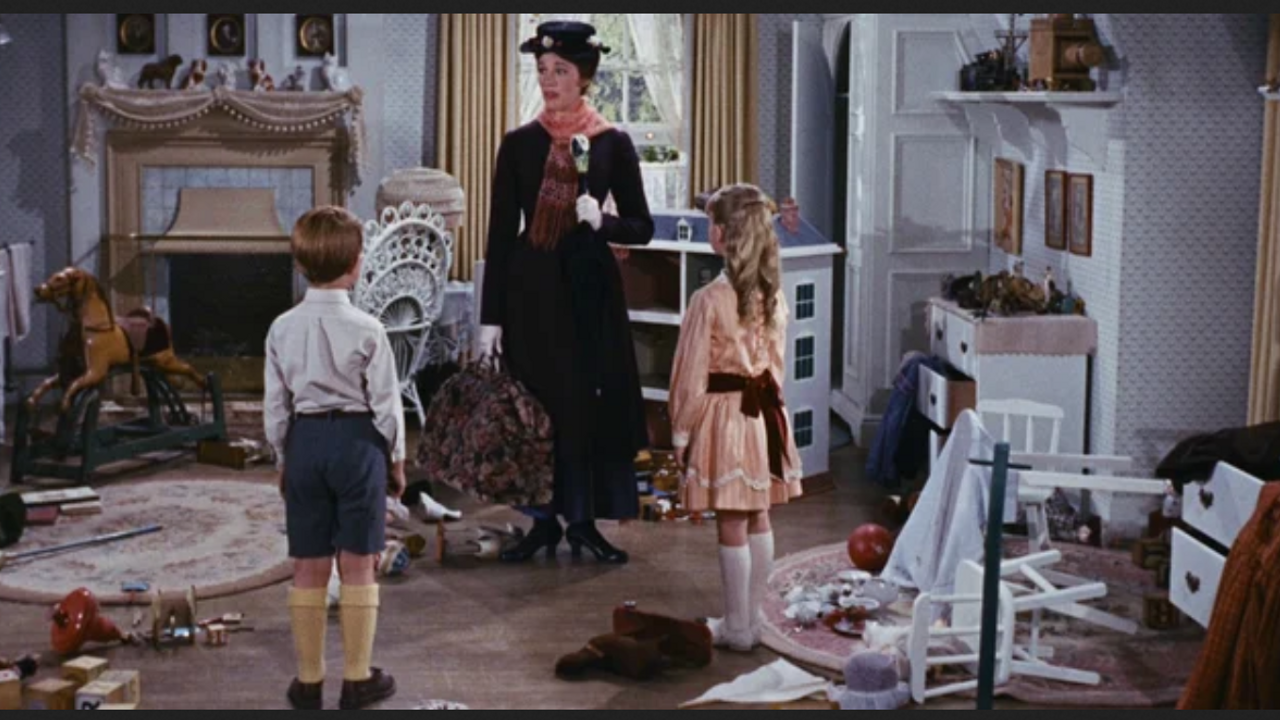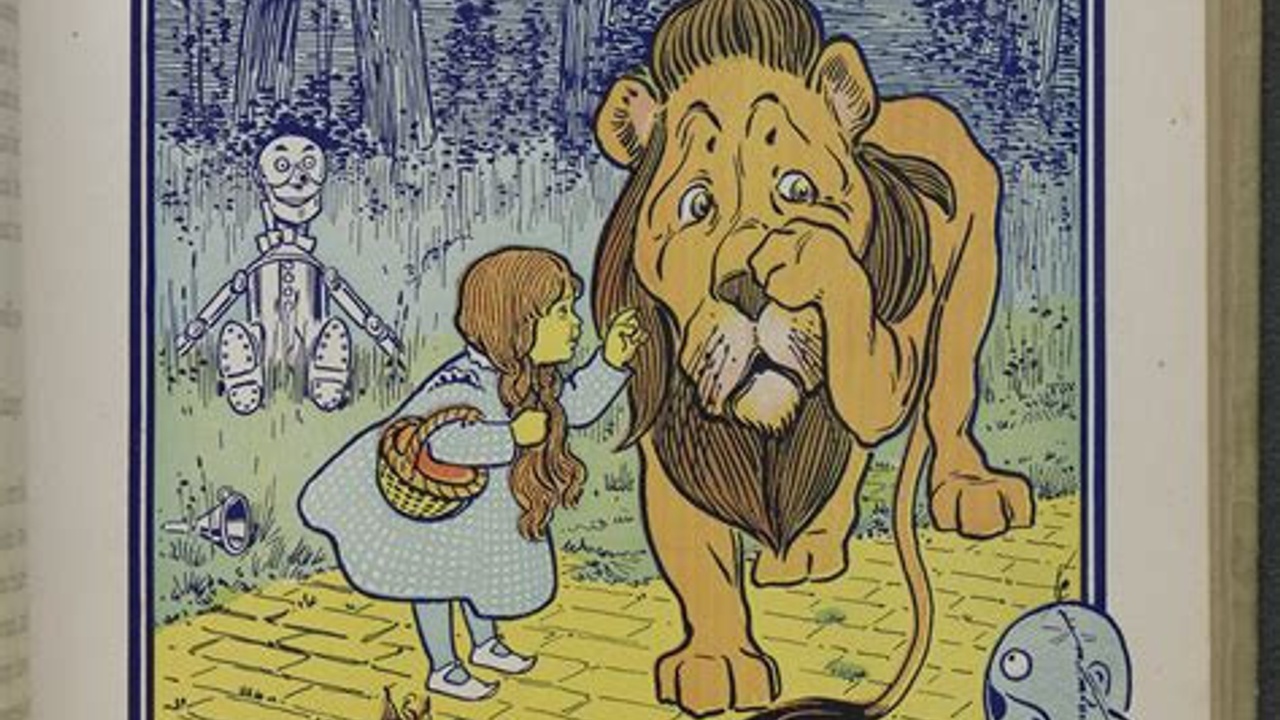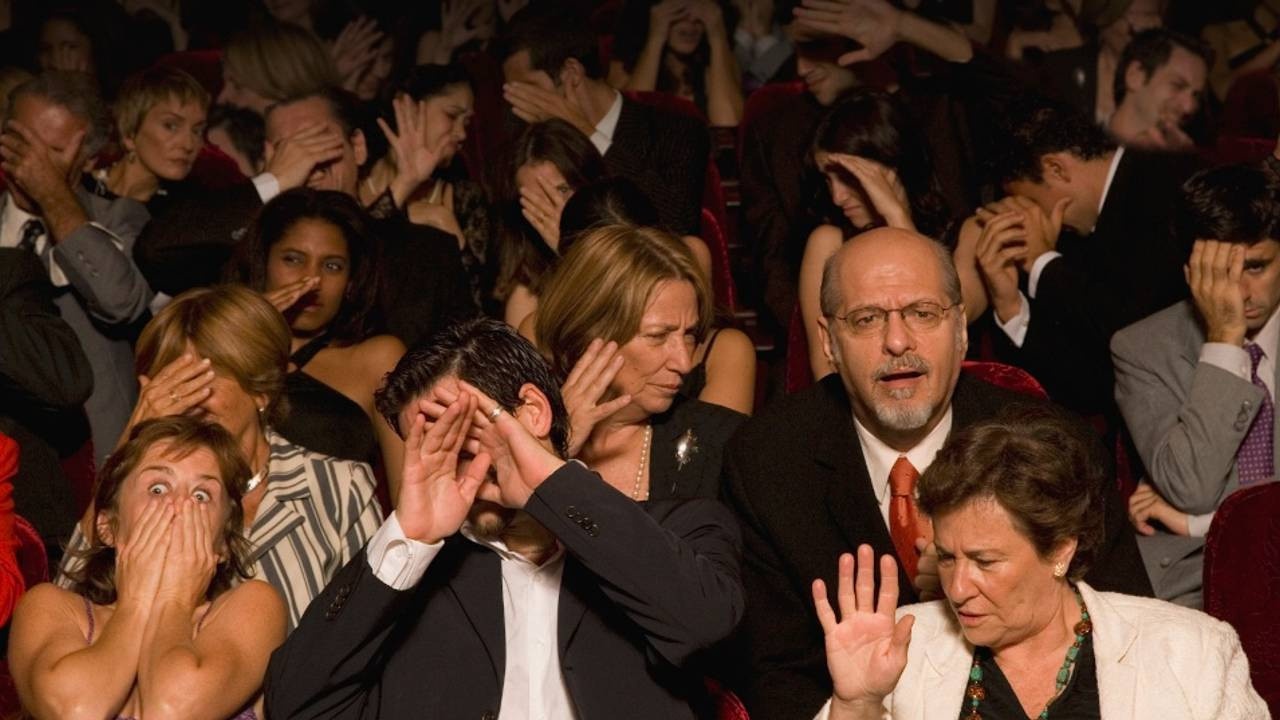How Will This Year Smell?
Jan 07, 2022
What's the Story With Your Brain, Part 1
Jul 19, 2021
From Trauma and Courage to Safety
Apr 14, 2021
Why The Bystander Effect Has It All Wrong
Apr 06, 2021




